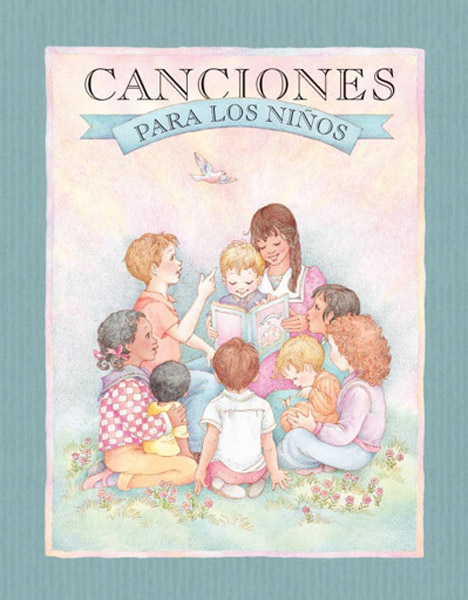Using the Freedom of Speech
Este contenido no está disponible en español
[I wrote this persuasive speech for my Communications 310 "Rhetorical Methods" class at BYU during the Winter 2000 semester, with the intention of getting others to voice their opinions. I originally gave the speech to my class on Wednesday, March 15, 2000. This was a manuscript speech, so what you see here is pretty much what I said when I presented it.]
I'd like to begin with a quote from George Orwell's book 1984. "'Who controls the past,' ran the Party slogan, 'controls the future: who controls the present controls the past.'" Orwell saw a chilling future in which the government controlled all aspects of human life, especially the speech of its citizens. The book talks about what I wish to examine today: the right of the people to speak freely, and how the people choose to exercise that right.
Imagine an America where the government restricts everything you say and do. You could be arrested for sharing the gospel with a friend or publishing a controversial editorial. Fortunately, the Founding Fathers were just as horrified by the possibility that this might happen in America as we are. They believed in free speech for everyone, a concept which is typified by a quote from the philosopher Voltaire. He said: "I disapprove of what you say, but I will defend to the death your right to say it." The Freedom of Speech was built into the Bill of Rights for this purpose.
I know there are a lot of ways that we can voice our opinions. But the method that I want to discuss with you today is writing editorials and letters to the editor in our newspapers. By doing this, you can make a difference in your society.
In high school, I worked on Centurion, our school newspaper. When I was a senior and an editor-in-chief, we ran an editorial about veganism, written by the other editor-in-chief, a girl named Liza. Veganism, the idea of abstaining from eating any meat products at all, was gaining a fringe following at our school, and Liza wanted to explore the issue. Her article shed light on both sides of the story, and had powerful arguments to support her ideas. From the scientific facts that she had, Liza concluded that practicing veganism was no more healthy than eating both meat and plants, what we consider a normal diet.
Liza expected a response from the Vegan community, but she couldn't have imagined anything as overwhelming as what took place. They wrote several angry letters to the editor. They threatened Liza physically and questioned her moral character. They called the editorial unfair, simply because it opposed their view.
The issue became a hot topic for debate at our school, all because of the editorial that Liza wrote. Despite the numerous negative consequences for both herself and the newspaper, Liza was proud of what happened. She had changed a few opinions, and had gotten a lot of people mad. This shows what one person, telling what she believed, can do.
Another example of the persuasive power of the people and the press is the recent turmoil we have had here at BYU. NCMO, the BYUSA elections and gay students have all recently been hotbeds for argument. In all of these cases, student writing has been a major factor in determining opinion on campus. The people involved in this writing knew that they had the power to change the world. They exercised their rights to speak out, and they did make a difference. I salute these people. They make me proud to be an American.
I believe a comparison can be drawn here. A person who has knowledge and an opinion on a matter and who does not share it can be likened to a lighthouse that doesn't turn its light on. It just sits there, pathetically, not doing anyone any good.
This is like the analogy that is made by Christ in the Sermon on the Mount: "Neither do men light a candle, and put it under a bushel, but on a candlestick; and it giveth light to all that are in the house. Let your light so shine before men." The Savior admonished us to take our talents and use them. Those people who have a talent for voicing their opinion intelligently should use it, or else they are foolishly squandering a gift from God.
In conclusion, free speech is a right and a privilege. I suggest to you that we should be taking greater advantage of this right. Thank you.





 Planificador de música para Primaria SUD (para ayudar a los líderes de la música Primaria SUD selectar música para sus reuniones primarias)
Planificador de música para Primaria SUD (para ayudar a los líderes de la música Primaria SUD selectar música para sus reuniones primarias)